The English language is full of phrases and saying that makes perfect sense in our heads, but when it comes time to put these terms down on paper, they can leave us baffled.
We’re all familiar with homophones, two or more words that sound the same but have different meanings. But we’re about to introduce you to their distant half-cousin, eggcorns.
Eggcorns are a fairly new grammatical term, having only been used since early 2003. According to Merriam-Webster’s dictionary, an eggcorn is defined as, ” a word or phrase that sounds like and is mistakenly used in a seemingly logical or plausible way for another word or phrase.” The term eggcorns came to be after a lengthy discussion in which a woman misheard the word acorn as eggcorn. At the basis of most commonly recognized eggcorns, the misheard phrases often swap out the right words with homophones.
Here’s a collection of our favorite eggcorns that plenty of people are guilty of using every day!
1. “Doggy-dog world” instead of “dog-eat-dog world”
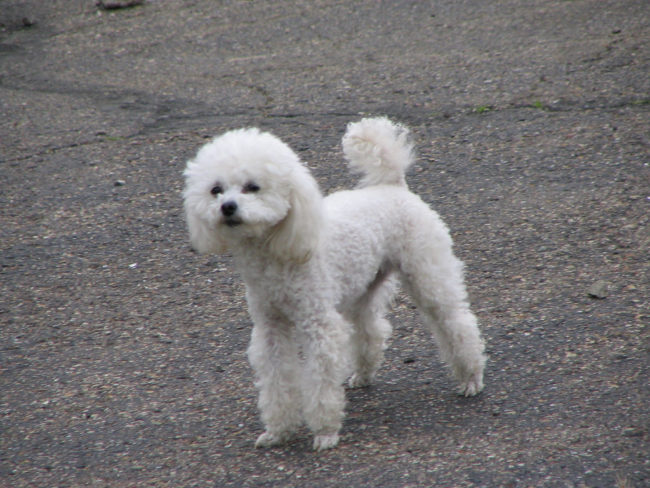
Used to describe a situation in which people compete with each other for success in a cruel and selfish way. First used in 1834.
2. “Buck naked” instead of “butt naked”

Completely naked. Not wearing clothes.
3. “Biting my time” instead of “biding my time”

To wait patiently for something to happen.
4. “Escape goat” instead of “scapegoat”

A person wrongfully blamed for some sort of wrongdoing.
5. “World wind romance” instead of “whirlwind romance”

A quick and passionate romance
6. “Windshield factor” in place of “windchill factor”

The perceived decreased temperature felt by the body during air flow.
7. “Takes two to tangle” instead of “takes two to tango”

The concept that it requires the cooperation of two or more people to accomplish a goal.
8. “Underbrella” in place of “umbrella”

A device used to protect against rainfall.
9. “Skyscratcher” instead of “skyscraper”

Tall buildings that usually contain numerous offices and businesses.
10. “Vim and vinegar” instead of “vim and vigor”

Demonstrating large amounts of vitality and energy.
11. “Take it for granite” instead of “take it for granted”
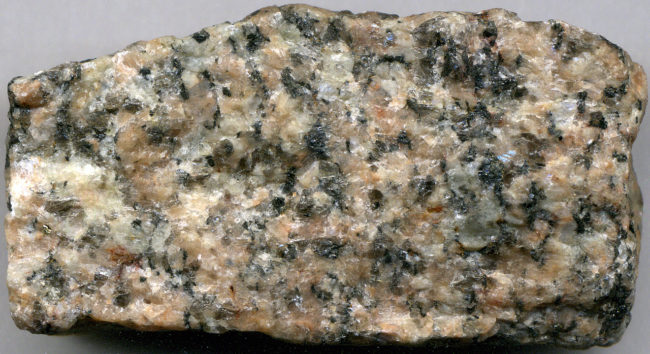
The expectation that something or someone will always be avaialble to help out in any given situation.
12. “Heimlich remover” in place of “Heimlich manuever”
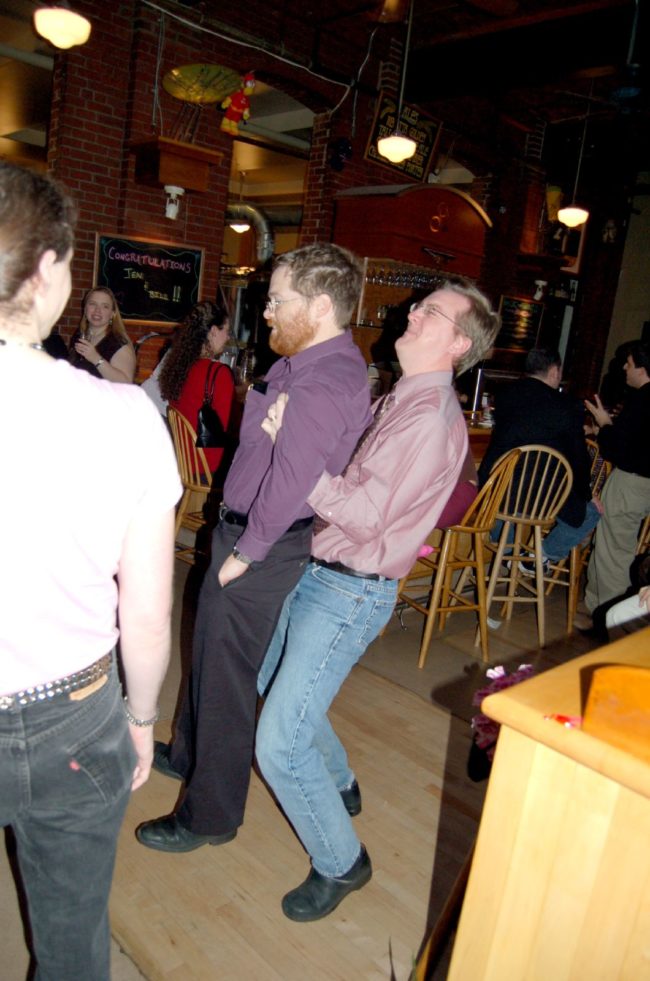
A technique used to save the lives and remove obstructive objects from a person’s airway.
13. “Pre-Madonna” instead of “primadonna”

The chief female singer in an opera or opera company.
14. “Stand at a tension” instead of “stand at attention”

A military posture that requires a person to stand up straight.
15. “Out of bounce” instead of “out of bounds”

A place outside the realm of play or something that is off limits.
16. “Old-timer’s disease” in place of “Alzheimer’s disease”

A disease that directly impacts one’s memory and other mental functions.
17. “Wet your appetite” instead of “whet your appetite”
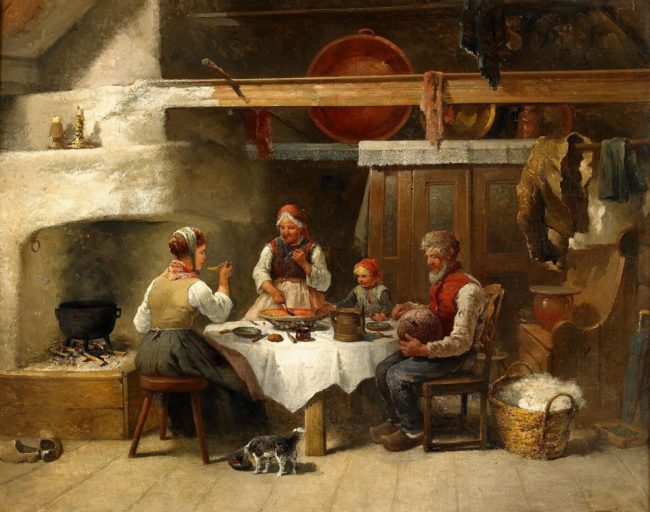
To have a piqued interest in something.
18. “Hell in a handbag” instead of “hell in a handbasket”

Used to reference an event or situation that is doomed to suffer an ill fate.
19. “Optical delusions” in place of “optical illusions”

Visual images that are perceived in a variety of ways thanks to our mind and view of the object.
20. “Happy as a clown” instead of “happy as a clam”

Incredibly happy and content. The phrase was first used in a memoir titled “The Harpe’s Head – A Legend of Kentucky.”
21. “junk-start” in place of “jumpstart”

To start (an engine or vehicle) using an external power source.
22. “Duck tape” instead of “Duct tape”
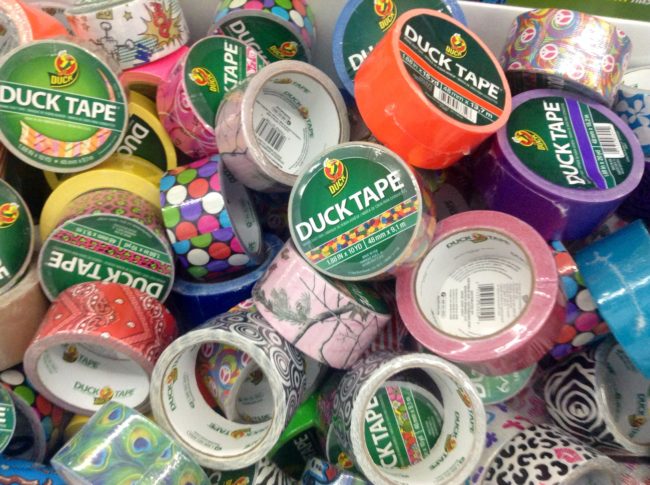
A type of adhesive tape that is said to fix just about everything.
(via Quick and Dirty Tips and Document Cloud)
